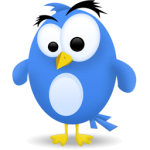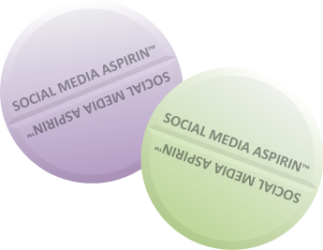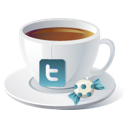So there you are on Twitter gleefully following everyone you can find who may be remotely related to your expertise, your book genre, your hobby, and maybe your city. You do this with every confidence that these people will follow you back, if not immediately, at least by next week. Right?
your expertise, your book genre, your hobby, and maybe your city. You do this with every confidence that these people will follow you back, if not immediately, at least by next week. Right?
No, dear reader, not right. There are those you already know will not follow you back like Oprah, the Dalai Lama, and NBC. That’s okay. We all follow those types of accounts on Twitter for a variety of reasons.
I’m talking about everybody else. It just seems like common courtesy for authors to follow authors and readers of thrillers to follow thriller writers. You are, of course, tweeting regularly (right?), retweeting every day (correct?), curating interesting information (aren’t you?), and not talking about yourself too much (can I get an amen). If you are doing all of these things, then you’re doing it right and those accounts don’t know what they’re missing.
Here’s what happens over time. You end up following many more accounts than follow you, a situation viewed negatively by Twitter. Soon Twitter caps how many new people you can follow stating that your account needs more of its own followers. What’s a Twitter user to do?
Unfollow, my friend. Kick ‘em to the curb. Get rid of the accounts that don’t reciprocate or don’t offer high-value information. This lessens the clutter in your Twitter feed, and the Twitter gods like you better because there is less discrepancy between your “following” and “followers” numbers.
Make it easy on yourself and use an automated program that unfollows for you. A note of warning: Twitter doesn’t like it if you unfollow too many people at the same time, so don’t go crazy.
I recommend ManageFlitter. This site creates a report with useful information such as “not following you” or “inactive” and more. You simply click on the account you want to unfollow, and they take care of it. Also, do a Google search on unfollowing Twitter accounts to find other sites offering similar services.
And hey, I’ll follow you back. Follow me @SocMediaMelody and Tweet me so I know it’s you. We can have some Twitter fun.


